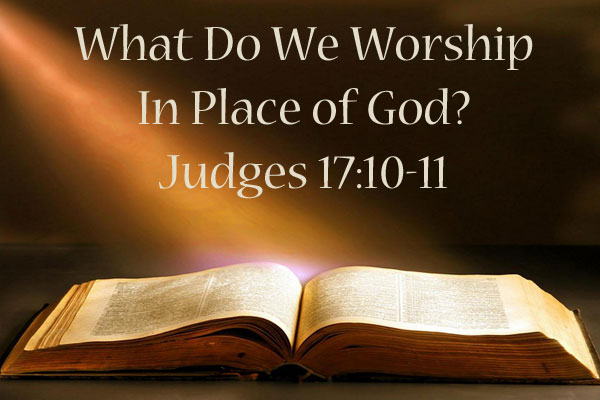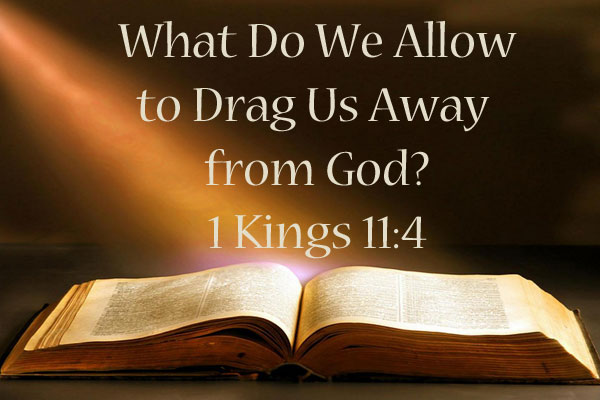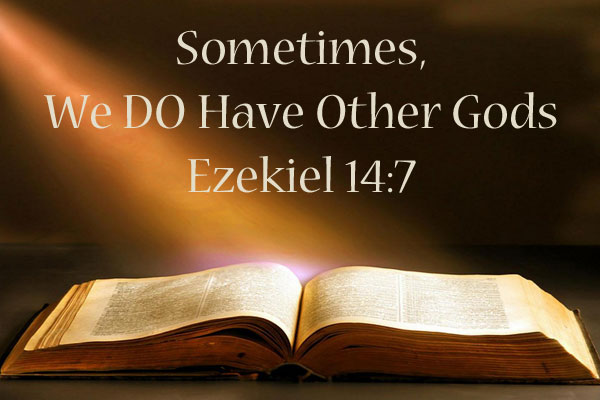
Psalm 118:22-24
22 The stone which the builders rejected has become the chief cornerstone; 23 this was the LORD’s doing, and it is marvelous in our eyes. 24 This is the day the LORD has made; we will rejoice and be glad in it.
The whole of Psalm 118 shouts about victory during long suffering, of God’s goodness in times of anguish. These verses specifically tell about the nature of the victory–most likely, according to my NIV translation, the “stone” mentioned in verse 22 references the king of the Israelite nation, who has been ridiculed by other neighboring kings, but is protected by God through his faith. (Other Biblical interpreters through the years have also interpreted the stone to mean Israel itself, a nation that was disdained by other nations in the area.) Whichever reading of “stone” you take, this is a most joyful trio of verses, acknowledging that the king or nation which had been so scorned by man has been lifted up through God’s will, and given grace.
Think of how this applies to our lives. Other humans may look at us and scorn us, but God has a special purpose for each one of us–perhaps we will be the “cornerstone” of our chosen field of work someday, or the “cornerstone” of a loving family or close-knit group of friends. We just have to trust in God to bring us through times of adversity.
Even when we are at our weakest, feeling surrounded and scared, like the Israelites were before this joyful day, God is still there for us, and will bring us the victory we need. He may not bring us the victory we necessarily think we need, or the victory when we want it, but it will be perfectly timed and placed in His plan for us. Indeed, every day we live is a day the Lord has made for each of us, and the highest praise we can give God is to “rejoice and be glad in it.”








